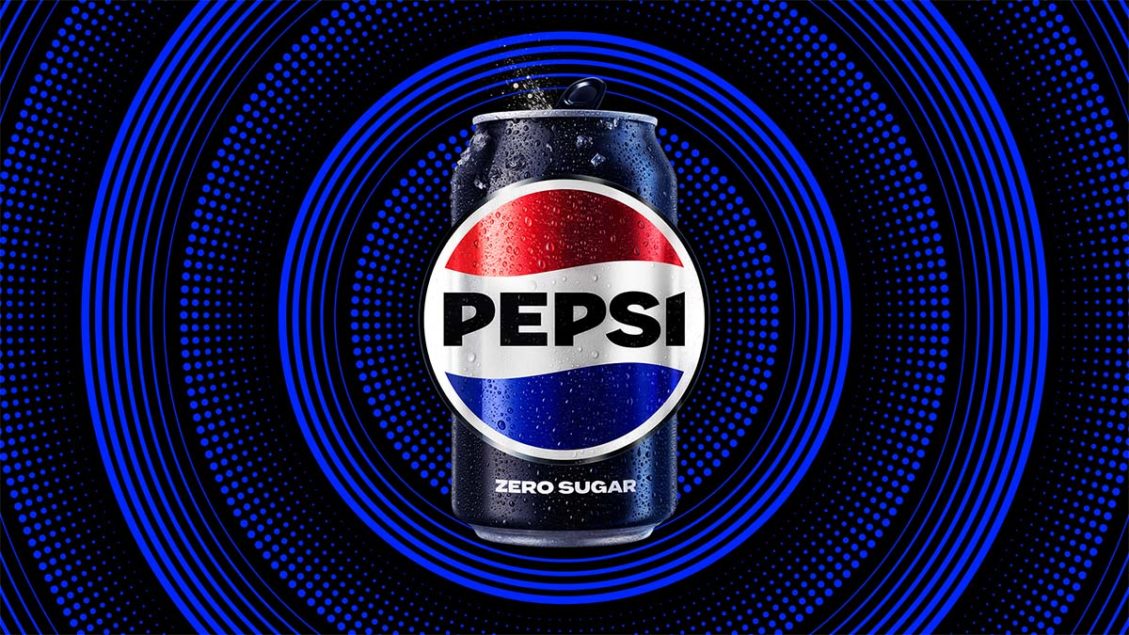Nigeria’s rapid commerce and food delivery sector is undergoing an unparalleled expansion. Major platforms are increasing their operational reach and generating significant income for local businesses.
Glovo, a major international player, recently announced that its Nigerian partners have generated ₦71 billion in revenue since its launch in 2021. This milestone demonstrates the substantial economic impact of digital ecosystems across the country.
The announcement was made on 28 May at the Future of Commerce 2025 Summit, a major industry event held at the Landmark Event Centre in Lagos.
According to a Glovo statement, its data-driven operations have contributed to strong growth for its local partners over the past four years. Although Lagos accounts for roughly 70 per cent of Glovo’s operations in Nigeria, the company has now extended its services to 11 cities nationwide.
Over 6,000 restaurants and retail shops have been approved to handle orders. These are supported by a robust network of more than 2,400 active delivery riders.
Read also: Disruptive brands drives lasting brand value
A notable trend within Glovo’s operations is the accelerating move towards digital payments. In 2024, the platform recorded a 76 per cent increase in gross merchandise value (GMV). At the same time, cash transactions, which made up 88 per cent of orders in 2021, fell sharply to just 39 per cent. This signals a growing preference among Nigerian consumers for digital payments, which aligns with wider national efforts to promote a cashless economy.
Alongside Glovo’s well-established presence, Chowdeck has emerged as a strong competitor. It has grown rapidly and now operates in eight states, supporting over 3,000 merchants through a large network of more than 10,000 delivery riders.
Chowdeck’s recent milestones offer a compelling comparison in the market. For instance, “Amoke Oge,” a vendor run by Hajia Amoke Odukoya, was recently recognised for completing over 500,000 deliveries. This achievement has generated an estimated ₦2.3 billion in revenue, based on an average order value of ₦4,600.
Similarly, Korede Spaghetti, a vendor primarily serving the University of Lagos (UNILAG) community, surpassed ₦1 billion in sales on the Chowdeck platform. This highlights the potential for significant revenues even among highly localised businesses. As of October 2024, Chowdeck had achieved a cumulative delivery value of ₦30 billion, with over one million registered users.
When comparing these two leading platforms, Glovo’s ₦71 billion in revenue generated for partners since 2021 reflects its cumulative impact over a slightly longer period. Its broader international backing also plays a role. On the other hand, Chowdeck’s swift rise, marked by ₦30 billion in total delivery value by October 2024 and a much larger rider network, demonstrates strong local market penetration and an effective community-focused approach.
Both platforms significantly contribute to the gig economy and empower small businesses. However, their differing growth paths and operational scale provide insights into varying strategies in market leadership.
Beyond these two giants, Nigeria’s quick commerce and food delivery space continues to flourish. Emerging platforms such as Foodcourt, Bolt Food, HeyFood, UrbanEats, MANO, and Foodelo are helping to shape the evolving digital commerce landscape. This growing competition drives innovation and offers consumers more choices.
The sector’s growth is also creating important economic opportunities for individuals. Reports show that riders working with these platforms earn between ₦15,000 and ₦25,000 daily. This indicates a strong income stream for thousands of Nigerians engaged in the gig economy.
Together, these quick commerce platforms are playing a vital role in digitising access to food and retail. They are driving economic growth for thousands of small and medium-sized enterprises across the country. With their expanding reach and evolving models, they are reshaping how Nigerian consumers interact with restaurants, vendors, and retail outlets.
Quick commerce is now cemented as a key component of Nigeria’s digital future.
Also Watch: MARKETING EDGE ONTV







Comment
No comments found.